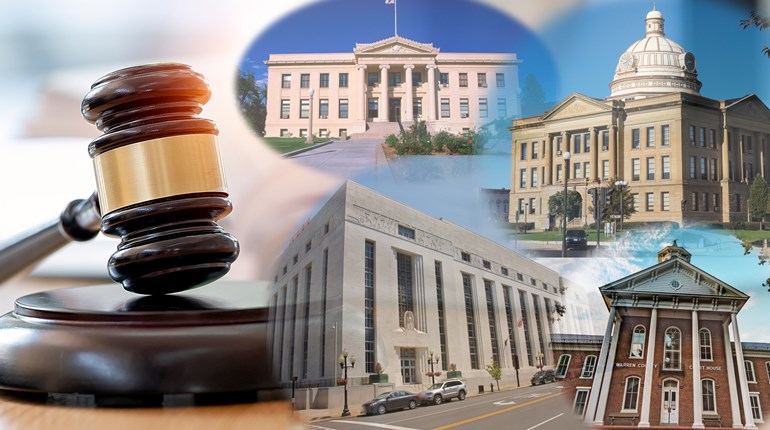
An unfortunate byproduct of the gun control movement’s fanatical attacks on the Second Amendment has been their willingness to degrade other vital constitutional rights in pursuit of their ends.
In early November, Brooklyn Borough President Eric Adams and N.Y. State Sen. Kevin Parker, D-Brooklyn, made clear that they are willing to injure the First Amendment in order to target the Second.
Citing the tragic shooting at the Tree of Life Synagogue in Pittsburgh, by a man with a history of anti-Semitic social media activity, Adams and Parker announced that they were drafting legislation to require law enforcement to conduct an examination of New York firearm license applicants’ internet history.
The text of the legislation has not been made available on the N.Y. Senate’s website, so the details are vague. However, the proposed law appears to cover an applicant’s social media posts as well as internet browsing history.
According to a report from the New York Daily News, Parker said the bills would cover posts to the top four social media websites—Facebook, Snapchat, Instagram and Twitter—as well as all of the main search engines, including Google, Yahoo and Bing. People requesting recertification would also be checked.
There is no word on whether Parker intends to extend his legislation to require an investigation of the materials applicants have checked out from their local library or their home book collection.
Despite the best efforts of certain elements in the modern Left, any speech that they might find offensive is still firmly protected by the First Amendment.
In the case R.A.V. v. St. Paul, Minn., the U.S. Supreme Court made clear: The First Amendment generally prevents government from proscribing speech or even expressive conduct because of disapproval of the ideas expressed. Content-based regulations are presumptively invalid.
The Supreme Court has also proven skeptical of laws that produce a “chilling effect” on free expression. In Lamont v. Postmaster General, the court struck down a federal statute which required mail recipients to specifically authorize the receipt of materials deemed communist political propaganda. Addressing the affirmative obligation imposed upon the recipient, the court wrote that the “requirement is almost certain to have a deterrent effect.”
Further expressing their endorsement of this doctrine, in Walker v. City of Birmingham, the court explained in its ruling:
“We have molded both substantive rights and procedural remedies in the face of varied conflicting interests to conform to our overriding duty to insulate all individuals from the ‘chilling effect’ upon exercise of First Amendment freedoms generated by vagueness, overbreadth and unbridled discretion to limit their exercise.”
There can be little doubt that Parker’s legislation would create such a chilling effect. Those New Yorkers unwilling to forgo the exercise of their Second Amendment rights would be required to curtail the views they express and read online.
Moreover, given the tenor of recent political debate, it is not difficult to imagine a scenario where owners of guns would be forbidden from engaging in a wide swath of speech and political debate. The terms “racist” and “anti-social” are vague and employed in innumerable and inconsistent ways to advance the political interests of those who use them.
Further, proponents of the legislation should ask themselves: How might the government of a more remote jurisdiction, perhaps lacking New York’s cosmopolitan sensibilities, use such a framework to target the rights of its constituents?
Permitting government officials to make the exercise of one constitutional right contingent upon relinquishing the right to exercise another would destroy the protections guaranteed by the U.S. Constitution and enjoyed by everyone. Blinded by their hatred for the Second Amendment right to keep and bear arms, anti-gun advocates appear willing to burn down the entire Bill of Rights along with it.


































